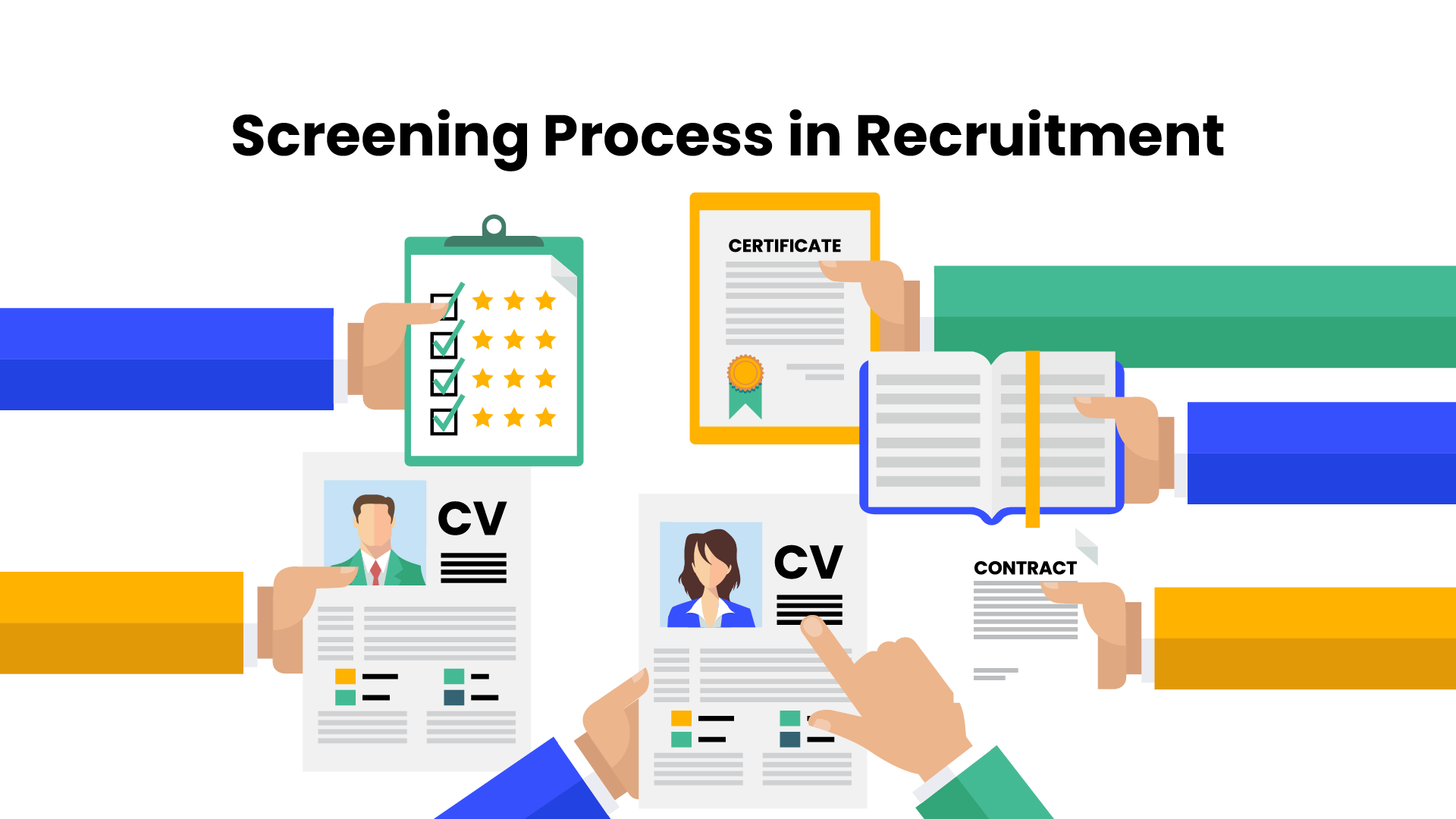
Learn the five most common screening methods, why they matter, and how the right tools help teams hire faster with clearer decisions.

An interview scorecard is a structured tool that helps hiring teams assess candidates in a consistent and objective manner. By providing predefined criteria and a clear rating system, it reduces subjectivity and ensures fair evaluations. To further understand what an interview scorecard is, along with its benefits and a free template, let’s explore the details below.
An interview scorecard, also known as a candidate scorecard, is a structured assessment tool designed to evaluate candidates consistently and objectively during the interview process. It is commonly used in structured interviews to ensure a standardized evaluation based on predefined interview questions and key skills or competencies identified through job analysis.
An interview scorecard is a structured tool that ensures a fair, objective, and consistent evaluation of candidates. By standardizing assessment criteria, it helps hiring teams compare candidates effectively and make well-informed hiring decisions. The scorecard typically includes the following key elements:
By incorporating these components, an interview scorecard enhances the hiring process by promoting fairness, reducing bias, and ensuring that candidates are evaluated comprehensively.
An interview scorecard ensures a fair and structured evaluation process by standardizing criteria for all candidates. This consistency helps interviewers focus on relevant qualifications and skills, reducing inconsistencies in assessments.
The use of interview scorecards also minimizes bias by using objective rating metrics instead of personal impressions. By applying the same evaluation system to every candidate, organizations can make hiring decisions that are fair, inclusive, and merit-based.
Lastly, scorecards support data-driven hiring by providing measurable insights. They allow teams to compare candidates effectively, make informed decisions, and refine hiring strategies for future recruitment.
See also: 30+ Strategic Interview Questions to Uncover Candidate’s Potential
Now that we understand what an interview scorecard is and how it works, let's look at the benefits it brings to the hiring process. Using a scorecard helps make hiring more organized, fair, and based on real data rather than personal opinions. Here are some key advantages:
Interview scorecards provide a clear framework for assessing candidates' qualifications and skills, leading to more informed and accurate hiring decisions. By focusing on job-related information and predefined criteria, hiring teams can better identify individuals who possess the necessary competencies for the role, resulting in higher-quality hires.
By standardizing the evaluation process, scorecards ensure that all candidates are assessed using the same criteria. This uniformity promotes fairness and reduces potential biases, as each candidate is measured against identical standards.
Scorecards provide clear documentation of each interview, allowing hiring teams to easily share insights and perspectives. This facilitates collaborative decision-making and ensures that all viewpoints are considered, leading to more balanced hiring outcomes.
Maintaining detailed records of candidate evaluations through scorecards serves as legal documentation, demonstrating that hiring decisions were based on objective criteria and consistent processes. This can be crucial in defending against potential discrimination claims.
Scorecards help interviewers concentrate on relevant skills and qualifications by providing a structured framework. This focus leads to more efficient interviews and ensures that critical competencies are thoroughly evaluated.
By emphasizing objective metrics over personal impressions, interview scorecards minimize unconscious biases, contributing to a more equitable hiring process. This structured approach ensures that decisions are based on relevant qualifications rather than subjective opinions.
The use of scorecards allows organizations to analyze and refine their hiring strategies continually. By reviewing scorecard data, companies can identify patterns and areas for improvement in their recruitment processes, leading to more effective hiring in the future.
Incorporating interview scorecards into your hiring process not only streamlines candidate evaluations but also promotes a fair, consistent, and legally sound approach to selecting the best talent for your organization.
An interview scorecard helps ensure a fair and consistent hiring process by standardizing candidate evaluations. Below are the steps to create an interview scorecard:
A structured interview keeps the process fair by ensuring every candidate answers the same set of questions. Start by identifying 4-6 key skills or traits needed for the role, along with any extra scoring factors like professionalism. Using a clear rating scale helps keep evaluations objective and consistent.
Define a clear scoring system, such as a 1-5 scale with detailed performance levels. Keep the scorecard simple, with space for scores, notes, and overall evaluation. Use a manual or digital format for easy tracking.
Make sure interviewers know how to use the scorecard consistently and fairly. Set clear guidelines for advancing candidates, whether by meeting a minimum score or ranking the top performers. Regularly review and refine the scorecard based on hiring results to keep the process effective and data-driven.
Below, is interview scorecard template to help streamline your hiring process and ensure objective candidate evaluation:
Interview scorecards are essential for creating a structured and objective hiring process. It enables fair candidate evaluations and data-driven decision-making. However, manually crafting interview questions and scorecards can be time-consuming and inconsistent.
Simplify your hiring process with KitaHQ, an AI-driven tool that eliminates manual effort by automating key interview steps, from generating tailored questions to providing comprehensive candidate assessments.
With AI Question Generation, KitaHQ removes the need for manually crafting interview questions by automatically generating job-specific questions to ensure consistency while saving time. Its Comprehensive Analysis feature eliminates the hassle of creating scorecards by providing structured numerical scores, summaries, transcripts, and recordings that ensure fair and data-driven hiring decisions without the manual workload.
Book a demo today to see how KitaHQ can optimize your hiring process and help you make faster, unbiased hiring decisions effortlessly!